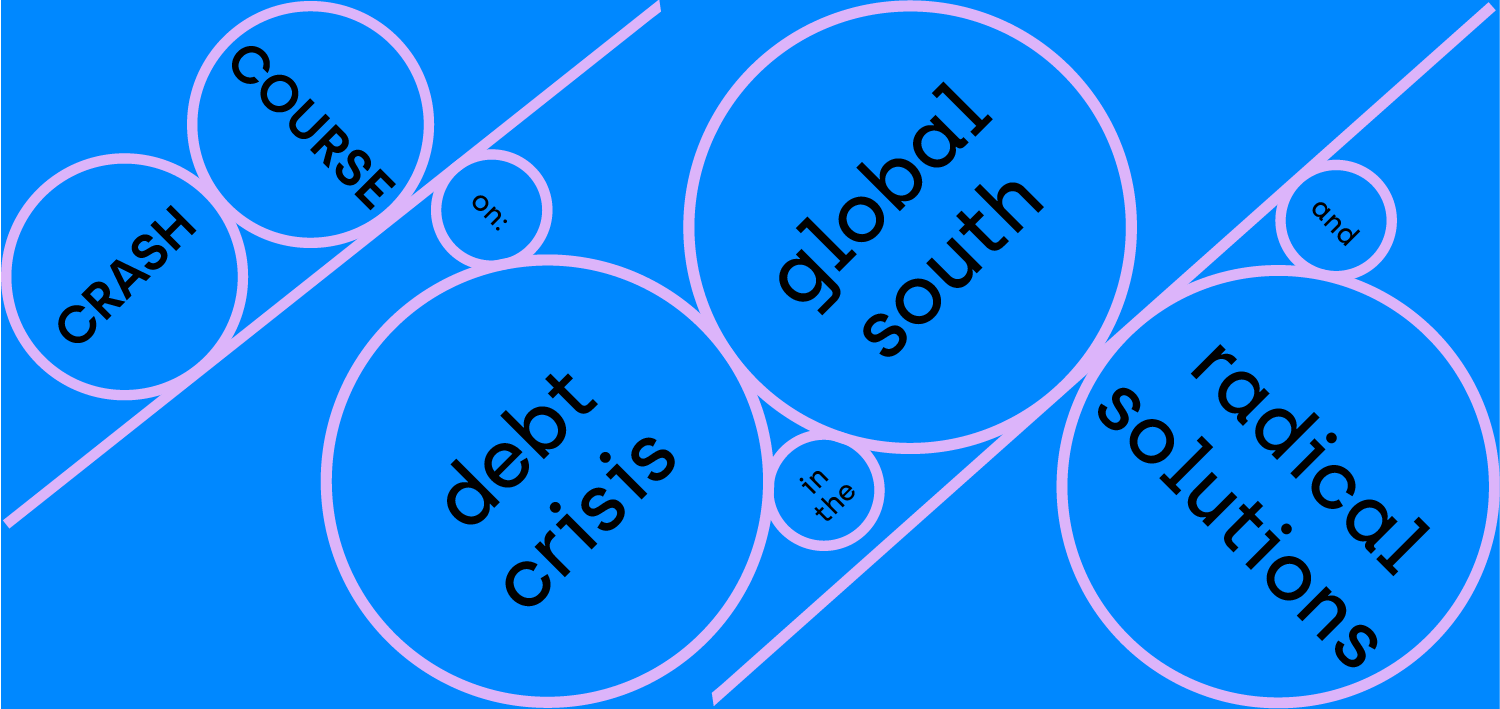
#3 What is Subordinate Financialization? — with Ewa Karwowski
Ewa Karwowski will guide us through ways to quantify and recognize financialization in the global south. Also we will discuss why this particular theoretical frame may be useful to look at contemporary issues that developing countries face and how it is related to structural issues.
The annus horribilis we live in, revealed the inner workings of our global economy in March 2020. The subordinate or uneven integration of developing countries into global financial and monetary circuits was out in the open, once capital started to exit developing countries at record speed in times of need. The shift in global capital flows reversing from periphery to core is threatening to re-create the very financial dynamics that led to the major debt crises in the past.
To understand the underlying dynamics behind the ebb and flow of capital flows we zoom into financialization in the Global South (subordinate financialization). While the broader process of financialization is generally associated with advanced economies, the US and the UK more specifically, Ewa Karwowski will guide us through the hierarchical and uneven landscape of financialization across developing countries. Also we will discuss why this particular theoretical frame may be useful to look at contemporary issues that developing countries face and how it is related to structural issues.
Podcast
In this series, we discuss the field of debt crises in the ‘developing world’, and the different aspects that determine the subordinate economic and financial position of the Global South and why this matters. Has anything changed since the 1980s debt crises when a global movement called for a debt jubilee? What are the prospects for change? And how can these kinds of debt crises be prevented in future?

